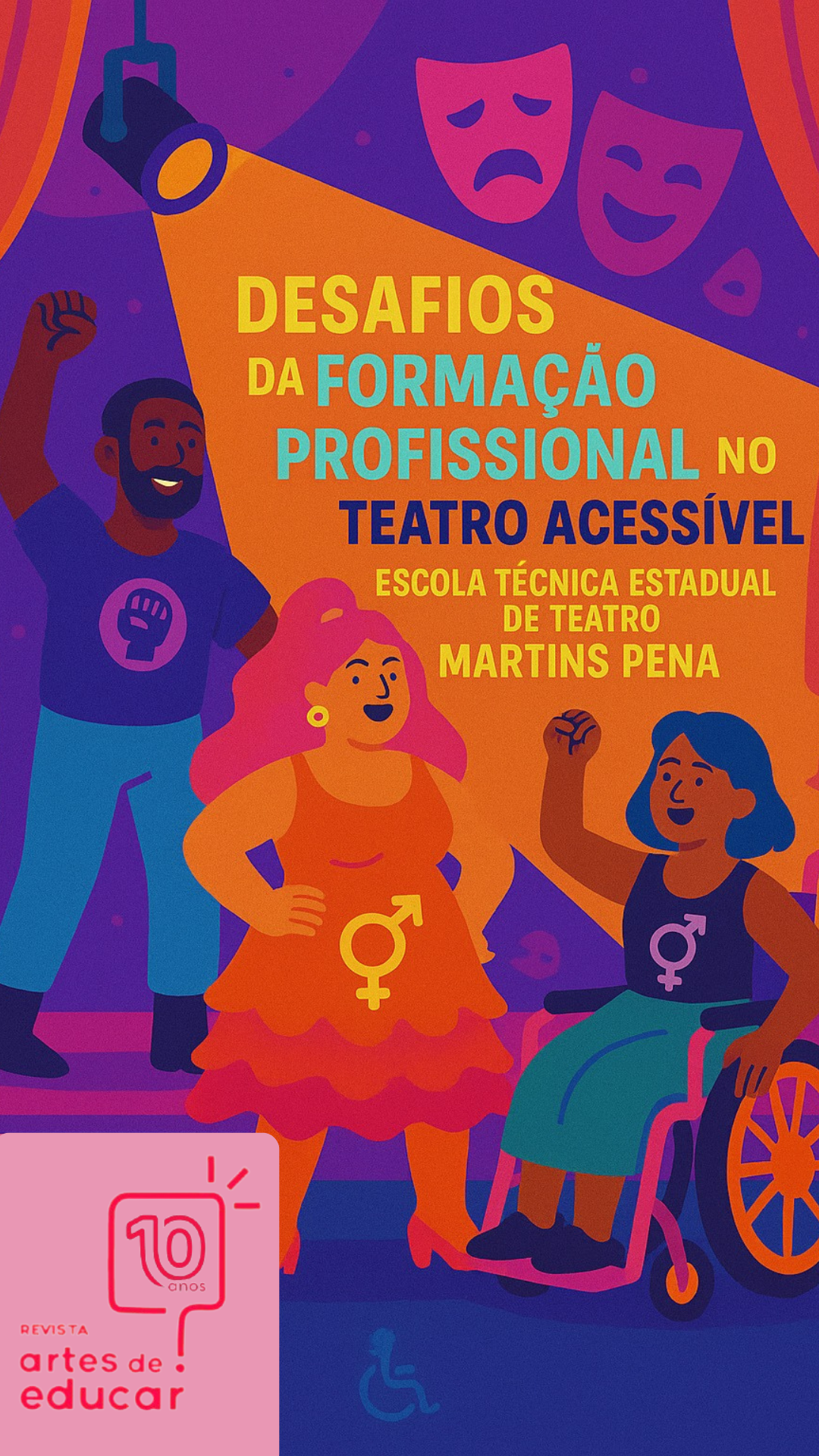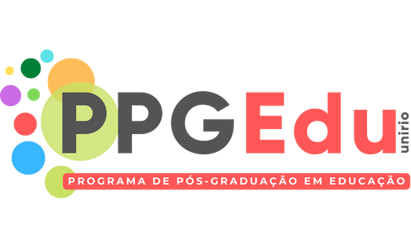Performing arts in the teaching and learning process of inclusive students in the context of education
DOI:
https://doi.org/10.12957/riae.2025.85685Keywords:
Basic Education, Early Childhood Education, Inclusive Education, Theater Games, Dramatic GamesAbstract
This work is an excerpt from a master's research project that aimed to describe the importance of Art, especially theatrical games, as a possibility to promote teaching and learning for young children (aged 4 to 5 years and 11 months) with Disorder of the Autistic Spectrum – ASD, using the work of Spolin (2005) as a reference. In this section, we describe the relevance of theatrical games in the performing arts and their potential and possibilities in the teaching and learning process of children with ASD. This is a bibliographic study that presents results of research that were carried out on the topic and shows that theatrical games have proven to be an effective means of engagement, development of social skills, communication and promotion of self-knowledge for children with ASD, taking into account since theatrical practice provides a safe and creative environment in which these children can explore their capabilities and interact with their peers in different ways. Another important result is that art and theater, as well as playing, are essential activities for children and must be considered in the teacher This work is an excerpt from a master's research project that aimed to describe the importance of Art, especially theatrical games, as a possibility to promote teaching and learning for young children (aged 4 to 5 years and 11 months) with Disorder of the Autistic Spectrum – ASD, using the work of Spolin (2005) as a reference. In this section, we describe the relevance of theatrical games in the performing arts and their potential and possibilities in the teaching and learning process of children with ASD. This is a bibliographic study that presents results of research that were carried out on the topic and shows that theatrical games have proven to be an effective means of engagement, development of social skills, communication and promotion of self-knowledge for children with ASD, taking into account since theatrical practice provides a safe and creative environment in which these children can explore their capabilities and interact with their peers in different ways. Another important result is that art and theater, as well as playing, are essential activities for children and must be considered in the teacher training process so that they are able to promote more inclusive pedagogical practices.
Downloads
Published
How to Cite
Issue
Section
License
Copyright (c) 2025 Vinicio Noda, Leila Pessôa da Costa

This work is licensed under a Creative Commons Attribution-NonCommercial 4.0 International License.
Authors retain copyright to their work, are permitted to publish and distribute their work online (e.g., in institutional repositories or on their personal page) at any point before or during the editorial process, as this may generate productive changes, as well as increasing the impact and citation of published work.
The acceptance of the text implies the authorization and exclusivity of the Revista Interinstitucional Artes de Educar regarding the right of first publication, the published works are simultaneously licensed with a Creative Commons Attribution-Non Commercial 4.0 International License 























